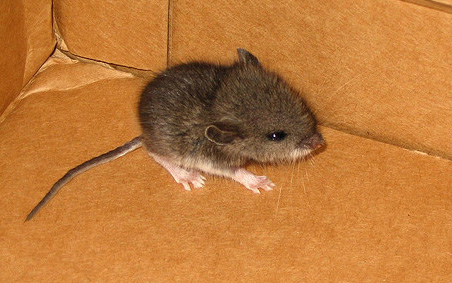
Researchers from the University of Rochester Medical Center have been experimenting with brain cells, transferring specific human brain cells (called glial progenitor cells, which influence memory formation and neuron health) into newborn mice. The transplants have helped mice actually recover from a disorder that replicated multiple sclerosis, and within six months after the transplants, researchers found that the human cells “pushed out” the rodent cells. In addition, tests in which a mild shock was associated with sound, mice with human glia “pretty much picked up the association immediately and got more fearful,” explained Steven Goldman, a neurologist and stem cell biologist leading the study. The impact human glia have on animals has provided further insight into “the evolutionary drivers of human capabilities,” according to Bruce Ransom, a neuroscientist at the University of Washington.





